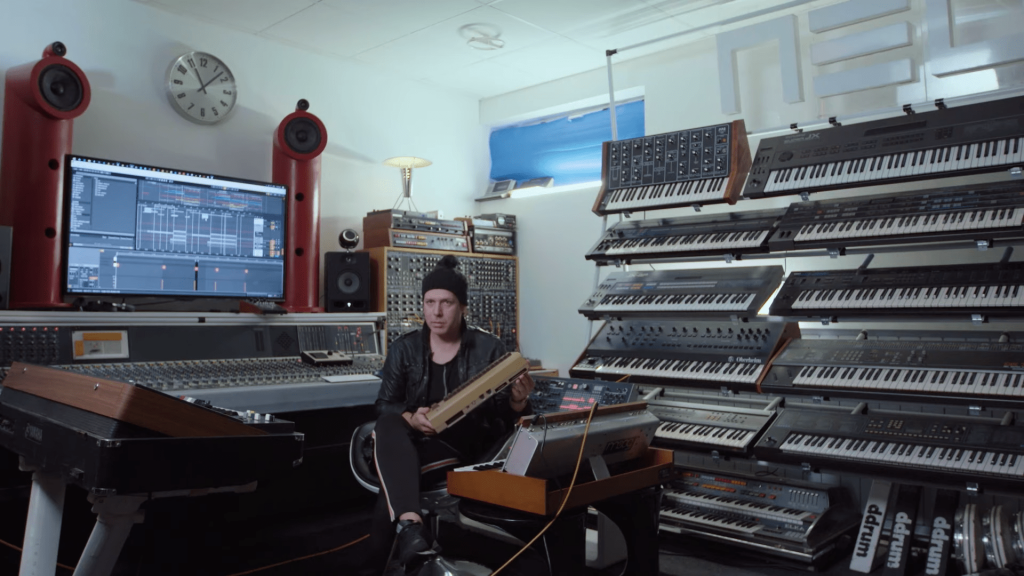
BP Underground Electronic Music
The third part of the BP Underground series is about Budapest's underground electronic music scene. Just like the other episodes it also evokes the emergence and growth of the genre with its unique visual world and a lot of archive footage. Among other things, it seeks to discover how Budapest as a center shaped the subculture. The BP Underground electronic music episode acts as a kind of time capsule to bring the feelings of the 90's back from an era of the unrestrained influx of western influences when it was trendy to attend Acid Parties, everyone was into Rave, and Goa Trance and the best parties were at Katlan and Frankhegy. Copied cassette tapes were spreading like mushrooms, many were trying out imported drugs while listening to Tilos Radio and DJ Palotai was a god. How did the characteristics of each style evolve? What is the difference between jungle and drum and bass? How does one learn to love Goa trance and how does one become a techno freak? The social aspect is also put into focus: Is there any socially decisive factor as to who chooses the electronic music scene? Who are the personalities still known today that used to be central figures? What do they think about their roots decades later? What does it mean for some of the musicians to rise from being unknown underground artists to achieving national fame? What is the specific Hungarian flavor of the different styles which are mainly rooted in British/American culture? What is the underground electronic music scene like today? Is it still relevant? Does it still have power and a voice in our digital world? To what extent did it remain underground?
→ The film on IMDb




 Watch the trailer
Watch the trailer